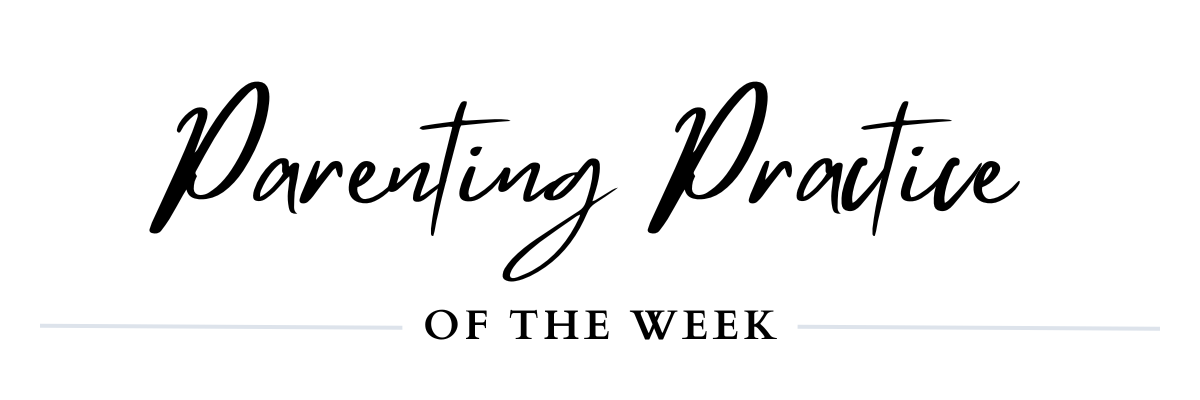A key to calmer, happier parenting

Did you know our brains are wired to pay more attention to the negative than the positive?
It’s called Negativity Bias. For our ancestors, this was essential: noticing the rustle in the bushes that might signal danger mattered more than noticing a beautiful sunset.
Helpful for survival? Absolutely. But in modern life, especially in parenting, this bias makes it harder to see what’s good.
Parenting gives us plenty of moments that feel hard, messy, or overwhelming. If we aren’t intentional, stress and struggle can become the only things we notice.
That’s why practices that anchor us in presence and gratitude are so powerful. They retrain our brains to notice goodness, too.
As Steve Maraboli says, “If you want to find happiness, find gratitude.” We often imagine happiness is waiting at some milestone: when the baby sleeps through the night, when the fighting stops, when life finally feels easier. But in truth, happiness grows from noticing the small glimmers of goodness already here.
So dear parent… What can you celebrate today that’s going well in your family?

Celebrate the Good
Here’s your invitation:
- Put on an inspiring track and grab some paper.
- Make a list of all the good, beautiful, wonderful things in your life and parenting.
- Keep writing for the length of the song—maybe even two.
When you’re done, pause. Notice your body, your breath, your heart. Do you feel lighter, softer, more joyful?
Why It Works:
When we practice gratitude, brain regions linked to pleasure, reward, and connection light up. Gratitude helps release dopamine and serotonin, the “feel-good” chemicals that boost mood and ease stress. Over time, it strengthens neural pathways that make positivity more natural.
And when we model gratitude at home, we don’t just rewire our own brains, we ripple resilience and joy into our children’s lives, too.
Through the Coach Lens:
At Jai, our coaches are trained to notice glimmers and celebrate micro-moments. It’s not about pretending the hard doesn’t exist. We're already wired to see challenges.
Gratitude helps balance the picture. Each pause to name what’s good builds the muscle of resilience. Over time, this practice helps both parent and child feel more resourced, connected, and supported.
The truth is, there is always something worthy of celebration, even on the hardest days. May this week’s practice help you slow down and rediscover the goodness already alive in your family. And may gratitude become a steady companion on your parenting journey.
Share This Article:
Curious for more?














